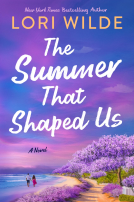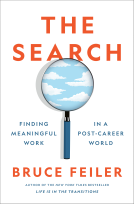
Are We Smart Enough to Know How Smart Animals Are?
by Frans de Waal
This title was previously available on NetGalley and is now archived.
Send NetGalley books directly to your Kindle or Kindle app
1
To read on a Kindle or Kindle app, please add kindle@netgalley.com as an approved email address to receive files in your Amazon account. Click here for step-by-step instructions.
2
Also find your Kindle email address within your Amazon account, and enter it here.
Pub Date Apr 25 2016 | Archive Date Apr 30 2016
Description
Advance Praise
“This is a remarkable book by a remarkable scientist. Drawing on a growing body of research including his own, de Waal shows that animals, from elephants and chimpanzees to the lowly invertebrates, are not only smarter than we thought, but also engaged in forms of thought we have only begun to understand.” - Edward O. Wilson, University Professor Emeritus, Harvard University
Available Editions
| EDITION | Other Format |
| ISBN | 9780393246186 |
| PRICE | $27.95 (USD) |
Links
Featured Reviews
 K C, Reviewer
K C, Reviewer
Frans de Waal was already a Name when I was an undergrad Anthropology major, way back in the early 1980s—and he has lost none of his edge since. He answers his titular question engagingly, accessibly, but with true scientific rigor, calling for species-appropriate methodology while driving yet another rail spike in the already mouldering coffin of strict behaviorism.
One of many favorite quotes from the book, "All organs and processes are a great deal older than our species, having evolved over millions of years with a few modifications specific to each organism. Evolution always works like this. Why would cognition be any different?" [Ch. 5: The Measure of All Things]
Why, indeed?
 Kim C, Educator
Kim C, Educator
Excellent look at how often we underestimate the intelligence of animals. The author presents various studies that show the most incredibly smart things that animals do. Can we really understand animals if we only look at them from a behavior standpoint? What do these studies tell us about the animals who live in this world with us? I thoroughly enjoyed these anecdotes about various animals. This is one book that will make you think deeply about our relationship with the natural world and it's wild inhabitants. The well-written and easy-to-follow text would be appropriate for high school students and above.


















